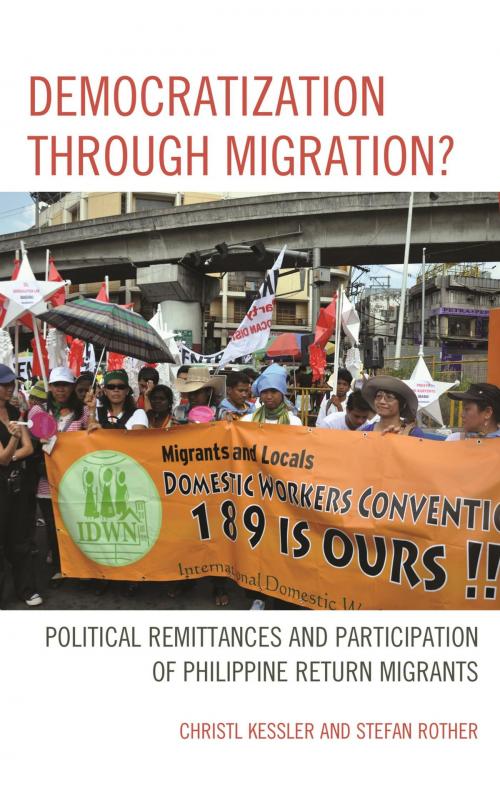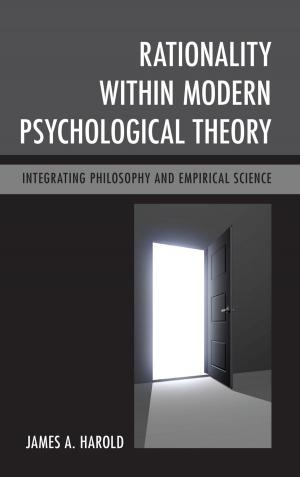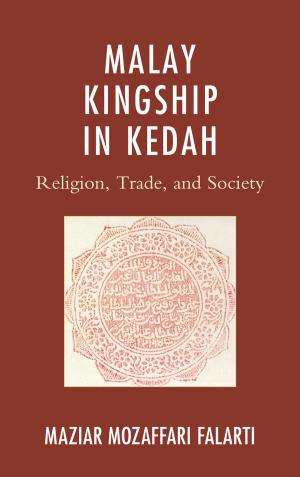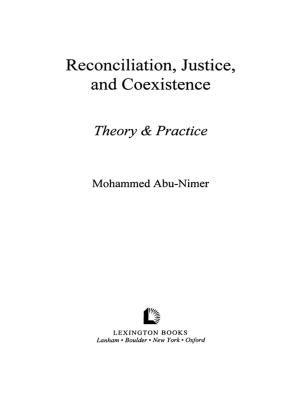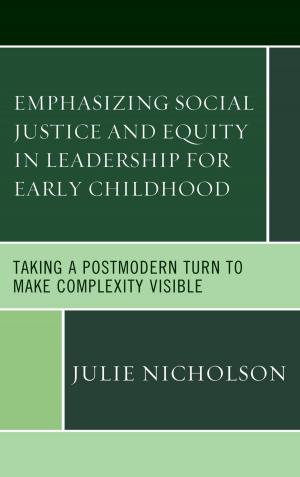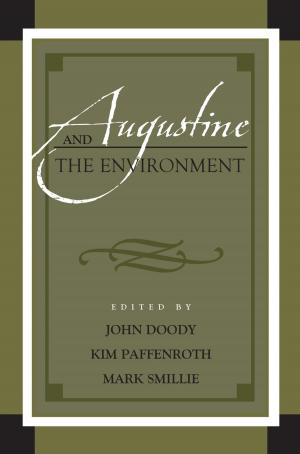Democratization through Migration?
Political Remittances and Participation of Philippine Return Migrants
Nonfiction, Social & Cultural Studies, Political Science, International, International Relations, Politics, History & Theory| Author: | Christl Kessler, Stefan Rother | ISBN: | 9781498514224 |
| Publisher: | Lexington Books | Publication: | March 10, 2016 |
| Imprint: | Lexington Books | Language: | English |
| Author: | Christl Kessler, Stefan Rother |
| ISBN: | 9781498514224 |
| Publisher: | Lexington Books |
| Publication: | March 10, 2016 |
| Imprint: | Lexington Books |
| Language: | English |
Research is based on original data: a survey in the Philippines with 2,000 respondents, 37 in-depth interviews with respondents from the sample, and 45 expert interviews serving as background material. The destinations covered are Saudi Arabia, Qatar, UAE, Taiwan, Japan, and Hong Kong.
This book discusses whether labor migration can affect democratization processes and what impact the political order of the host country has on this potential effect. It attests the potential of the migration experience to affect migrants' attitudes towards democracy, thus playing an important role in the support needed for democracies in the stage of consolidation. Our findings suggest that the migration experience may not only lead to a more critical stance towards the political system of the home country; there are also indicators of lesser support for the principles of democracy when compared to migrants about to leave the country for the first time. The political system of the destination as such seems to be a less decisive factor than the specific freedoms and restrictions experienced by migrants and a potential bias when selecting the destination.
Research is based on original data: a survey in the Philippines with 2,000 respondents, 37 in-depth interviews with respondents from the sample, and 45 expert interviews serving as background material. The destinations covered are Saudi Arabia, Qatar, UAE, Taiwan, Japan, and Hong Kong.
This book discusses whether labor migration can affect democratization processes and what impact the political order of the host country has on this potential effect. It attests the potential of the migration experience to affect migrants' attitudes towards democracy, thus playing an important role in the support needed for democracies in the stage of consolidation. Our findings suggest that the migration experience may not only lead to a more critical stance towards the political system of the home country; there are also indicators of lesser support for the principles of democracy when compared to migrants about to leave the country for the first time. The political system of the destination as such seems to be a less decisive factor than the specific freedoms and restrictions experienced by migrants and a potential bias when selecting the destination.
